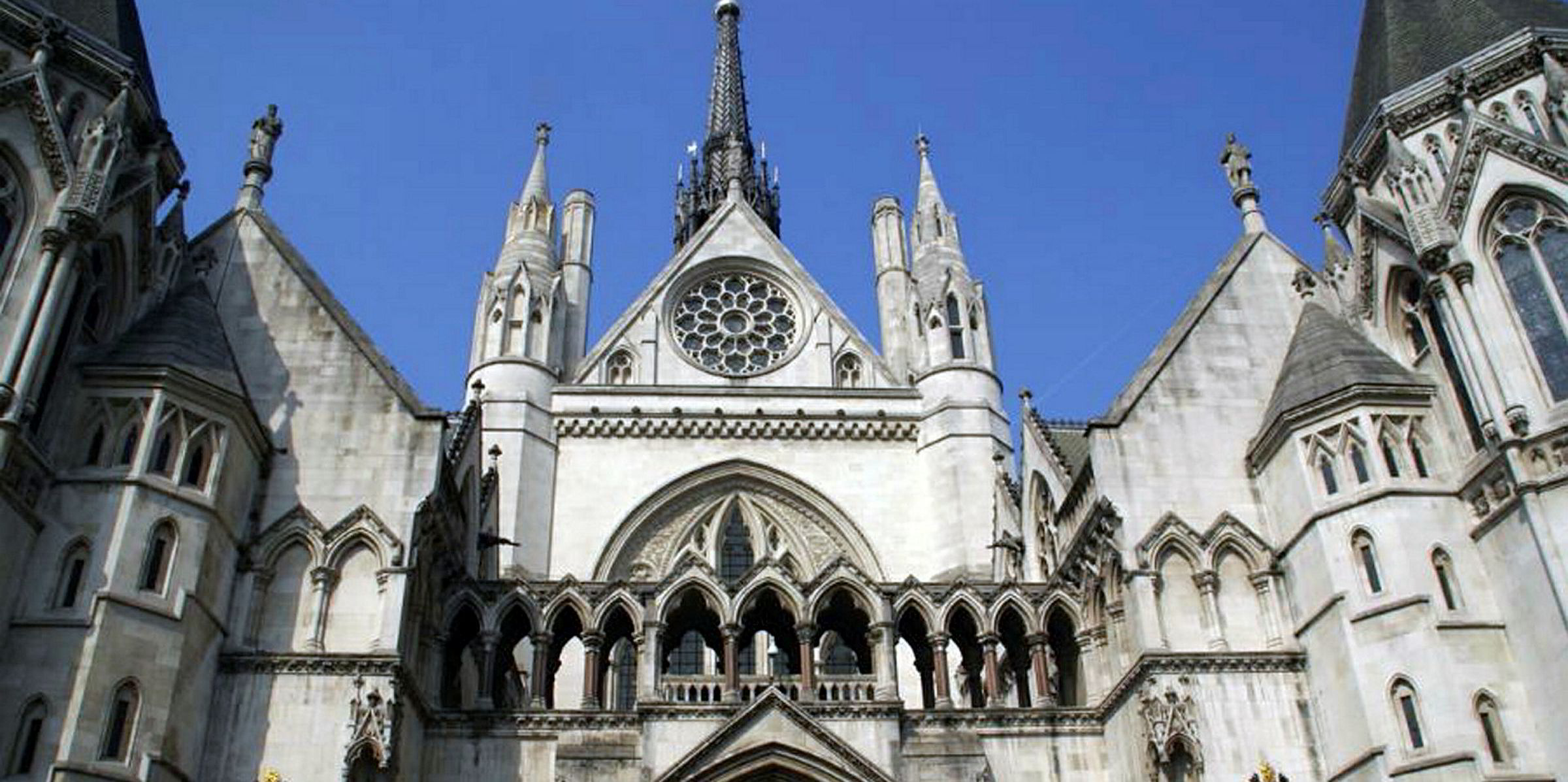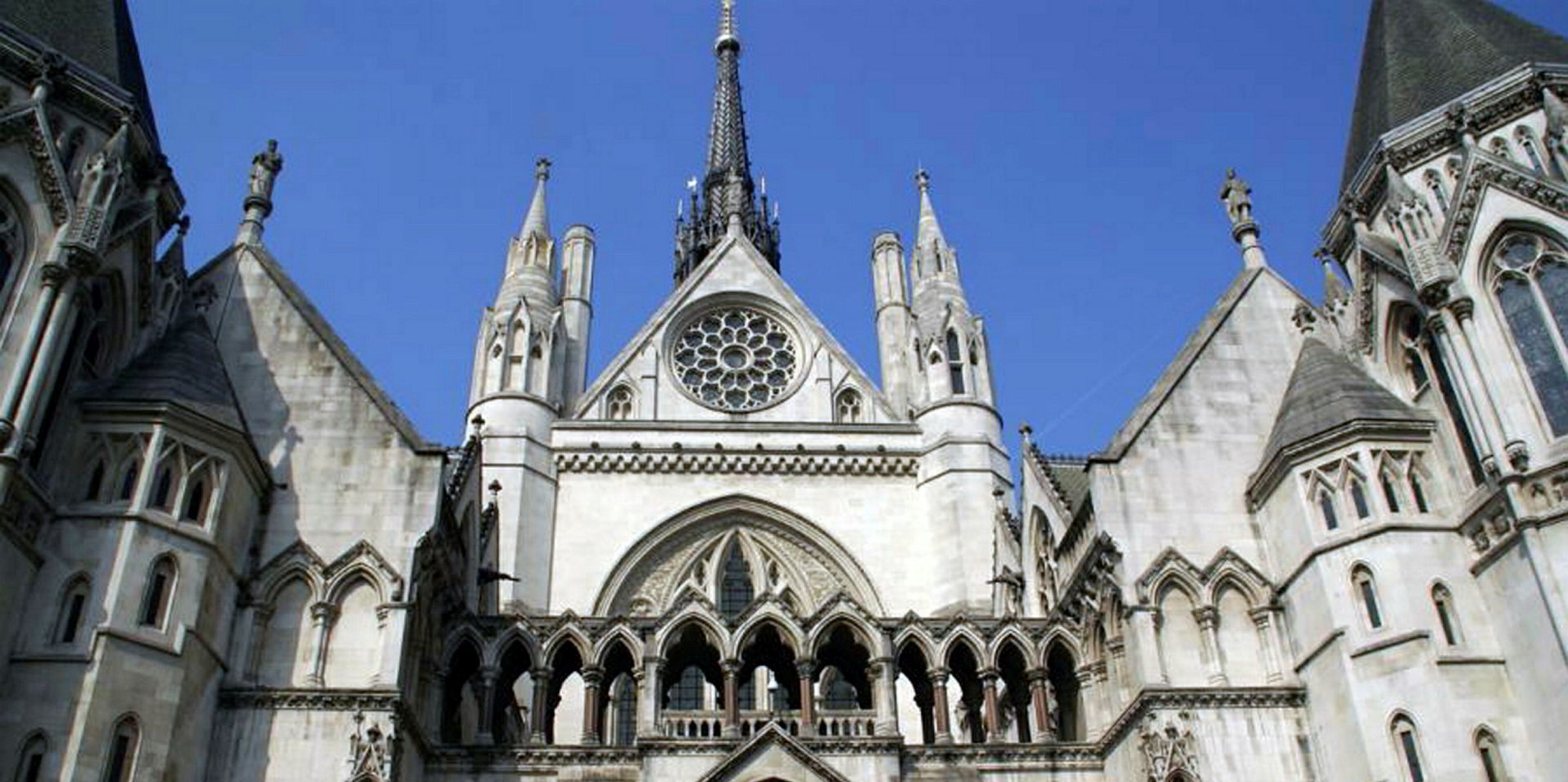A UK high court judge has kicked out an indemnity case involving underwriter Thomas Miller that arose from a cargo loss 10 years ago.
The legal battle prompted Justice Stephen Males to propose a more streamlined procedure to ensure that such costly oral hearings do not effectively become full hearings.
The judge said in most cases hearings should last no more than 30 minutes and there should be no need for further written submissions, other than a succinct explanation from the applicant of what it contends is wrong with the dismissal on paper.
The Lexology legal website commented that it remained to be seen whether the robust proposals will be adopted.
"A rather different approach was taken by the court in Asset Management Corporation of Nigeria v Qatar National Bank, where the judge expounded the benefits of an oral hearing at which parties’ positions can be advanced and tested in a way not always readily achieved on paper, with questions asked and answered and a valuable exchange between counsel and judge," it added.
Males dismissed an application by owners Midnight Marine and Miller Shipping (the assured) against defendant Thomas Miller Speciality Underwriting Agency.
They had sought to set aside a previous court order that dismissed without a hearing their challenge to an arbitration award on the ground of serious irregularity.
The arbitration arose from the loss of a cargo being carried on the barge Labhauler, owned by the claimants, in March 2007.
It was being towed by the tug Western Tugger on a voyage from St Martin in the Caribbean to Newfoundland with a cargo of scrap crushed motor vehicles, together with some other equipment.
Owners claimed indemnity
On 8 March, the barge rolled suddenly to starboard in good weather conditions and shed the cargo, which was lost overboard. Later in the month the barge capsized and sank.
The cargo owners were awarded CAD 625,000 ($470,000) against the owners in 2008.
The owners claimed to be entitled to an indemnity in respect of this sum from Thomas Miller, and started legal action in Newfoundland, not in London arbitration.
In response the underwriters commenced arbitration in October 2008.
Thomas Miller said the claim was time-barred and should be dismissed on the ground of inordinate and inexcusable delay.
The tribunal found that although the underwriters had waived compliance with the one-year contractual time limit, they had not waived compliance with the six-year statutory period.
Accordingly the claim was time-barred.
But the owners claimed the arbitrators had "exceeded their jurisdiction".
They alleged the arbitrators had no power to dismiss a claim by them because they had never made any claim or counterclaim in the arbitration.
This submission illustrated how the owners are "impaled on an insuperable dilemma," according to Males.
"Either the assured's claim for an indemnity has been referred to arbitration or it has not.
"If it has not, it is plainly time-barred. If it has, that can only be because of the underwriters' notice of arbitration dated 17 October 2008, in which case the arbitrators have found that the assured is guilty of inordinate and inexcusable delay in pursuing the claim and have exercised the power which they undoubtedly have to dismiss it.
"The absurdity of the assured's position is further illustrated by the consideration that the arbitrators have found that as a result of the assured's inordinate and inexcusable delay, there is a substantial risk that it is not possible to have a fair resolution of the issues."
Males added: "Requiring the underwriters to defend the claim when there is a substantial risk that a fair resolution is no longer possible as a result of the assured's own conduct would be a plain injustice to the underwriters."






